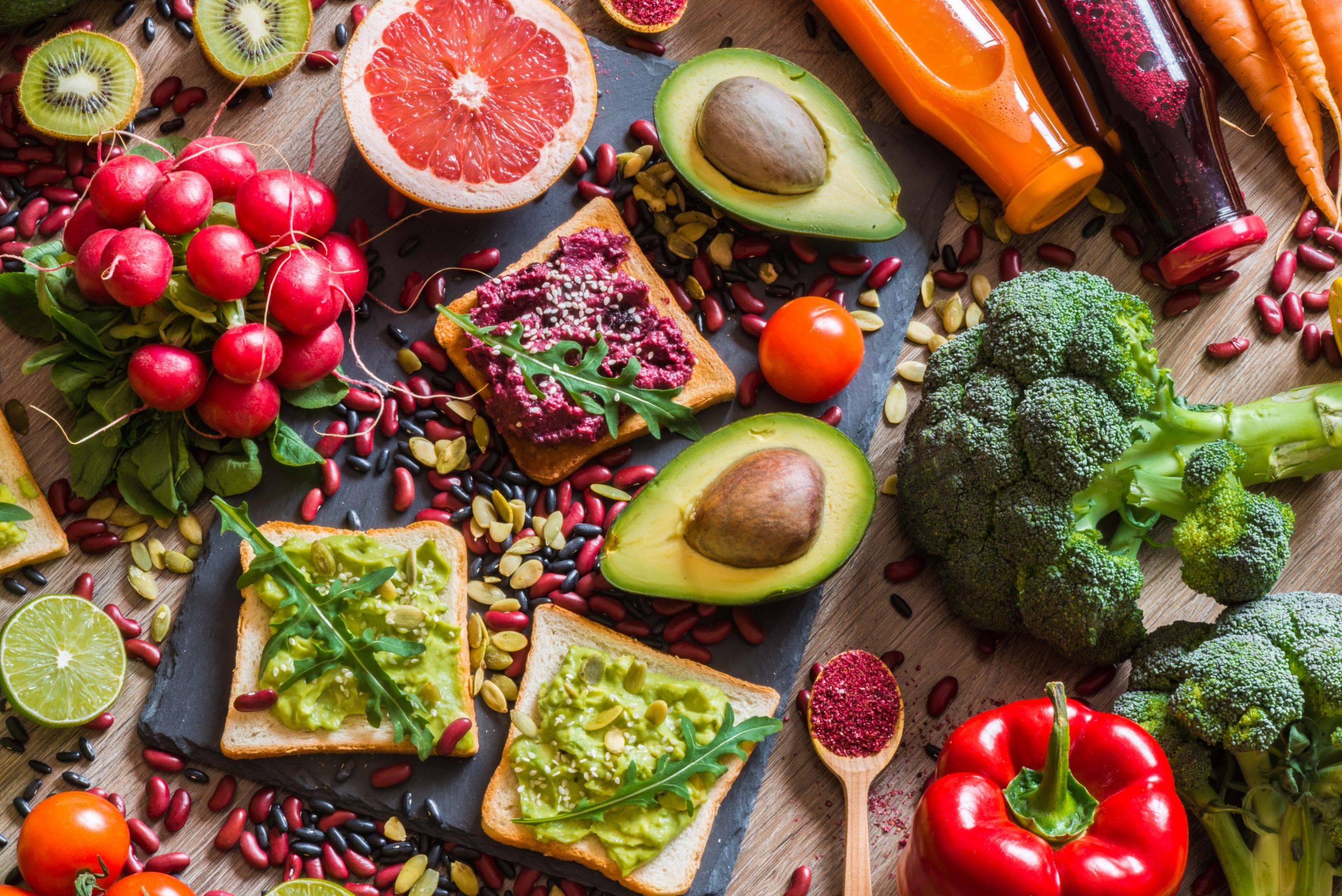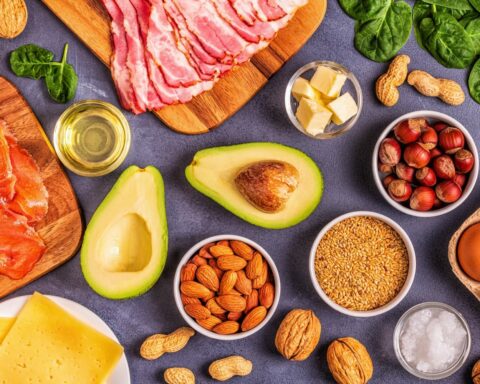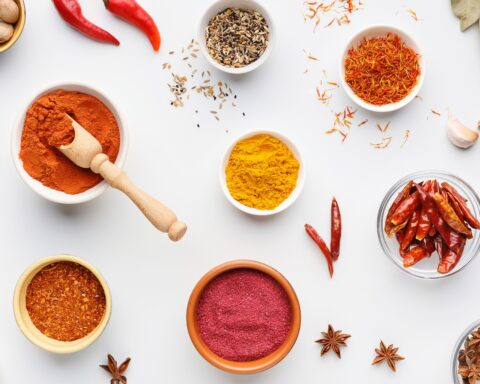A vegan diet is one of the oldest eating patterns. It is highly valued for its health benefits ranging from improved weight to protection against chronic diseases. It is easy to follow and sustain it over a long time.
Just like any other diet, a vegan diet allows specific foods while restricting the intake of certain foods. For this reason, it is usually challenging to find balanced and healthy meals that perfectly fit the vegan diet. Meal planning should be done properly in this diet, failure of which one may suffer from nutritional deficiencies and other health problems. This article presents a meal plan and sample menu for vegans, especially those who want to start on it.
The Vegan Diet At A Glance
The vegan diet is a type of eating pattern that eliminates all products of animals such as eggs, meat, fish, honey, and dairy. In many cases, people decide to adopt this type of eating pattern due to some reasons, including ethical or religious concerns. Others may also adopt it to improve their environmental blueprint, arguing that plant-based diets have less negative impact on the environment and utilize fewer natural resources. Still, others follow the vegan diet on health grounds, as this diet is associated with a number of health benefits. In particular, veganism has been shown to prevent certain chronic disease, promote weight loss, improve heart health, and support blood sugar regulation.
Health Benefits of Vegan Diet
Several studies have indicated that a well-balanced vegan diet can help improve your health in various ways. One study review found that those on the vegan diet had 75 percent reduced likelihood of developing high blood pressure than those eating both meat and plant foods. Furthermore, vegans tend to have reduced levels of total and low-density lipoprotein (LDL) “bad” cholesterol and lower body mass index. Increased levels of these markers are closely associated with increased risk of heart disease. Another benefit of a vegan diet is supporting weight management. Studies suggest that following this diet over the long term may help reduce calorie and fat intake. What’s more, researchers believe that a vegan diet can help improve blood sugar control and reduce your risk of type 2 diabetes. Lastly, a vegan diet may help lessen the symptoms of osteoarthritis such as joint pain and swelling, as well as reducing the risk of certain types of cancer, including breast and prostate.
A Typical Vegan Shopping List
A well-rounded and healthy vegan diet should comprise of proteins, whole grains, fruits and vegetables, and healthy fats. To improve your protein intake, you need to include certain foods like nutritional yeast, legumes, soy products, seeds, and nuts. Meanwhile, best choices for healthy fats on the vegan diet include coconut oil, olive oil, and avocado oil. Below is a typical vegan shopping list you can use as a beginner.
Fresh produce
- Vegetables: You can buy kale, broccoli, cauliflower, cabbage, carrots, bell peppers, asparagus, garlic, onions, spinach, potatoes, or zucchini among other vegetables.
- Fruits: May include bananas, apples, grapefruit, blueberries, kiwi, lemon, pomegranate, orange, strawberry, pears, peaches, etc.
Frozen produce
- Vegetables: carrots, broccoli, cauliflower, Brussels sprouts, butternut squash, vegetable medley, green peas, beans, corns, etc.
- Fruits: blueberries, blackberries, mangoes, cherries, strawberries, raspberries, etc.
- Whole grains: brown rice, quinoa, farro, sorghum, buckwheat, teff, sorghum, bulgur, etc.
Bread and Pasta: brown rice pasta, brown rice wraps, Ezekiel bread, and whole-wheat pasta.
Protein
- Nuts: Brazil nuts, almond, macadamia nuts, hazelnuts, walnuts, pistachios, and peanuts.
- Seeds: hemp seeds, chia seeds, flax seeds, sunflower seeds, sesame, and pumpkin seeds.
- Legumes: navy beans, pinto beans, black beans, lentils, kidney beans, etc.
- Soy products: may include tempeh, tofu, etc.
Protein powders: hemp protein, brown rice protein, pea protein powder, etc.
Dairy Options
- Milk substitutes: cashew, coconut, flax, oat, rice, almond, soy, and rice milks.
- Yogurt substitutes: coconut, flax, oat, rice, almond, etc.
- Vegan cheese: vegan parmesan cheese, etc.
Egg Options
Flax meal, aquafaba, arrowroot powder, silken tofu, chia seed, cornstarch, etc.
Healthy fats
Flax oil, olive oil, avocado oil, coconut oil, etc.
Snack Foods
Hummus, heather, edamame, nut butter, pita chips, trail mix, seaweed crisps, popcorn, dark chocolate, etc.
Sweeteners
Maple syrup, monk fruit, dates, stevia, molasses, coconut sugar, etc.
Spices and Condiments
Chili powder, cayenne pepper, cinnamon, cumin, ground ginger, garlic powder, nutritional yeast, turmeric, thyme, rosemary, pepper, paprika, etc.
It is worth mentioning that products stocked in many stores are loaded with fillers, additives, sodium, and other unnecessary ingredients that may negatively affect your health. Therefore, it would help to stick to whole, unprocessed foods.
Sample Meal Plan
Below is a sample of vegan meal plan for one week, and contains nutritious foods.
Monday:
On breakfast you can take sautéed mushrooms, with tempeh bacon and avocado. Whole-grain pasta alongside lentil meatballs can do better at lunch. At dinner, you can eat cauliflower and chickpeas tacos with pico de gallo. Snacks can be trail mix and air-popped popcorn.
Tuesday:
Eat coconut yogurt with walnuts for breakfast, baked tofu with Brussels sprouts for lunch, a loaf of mushroom lentil with Italian green peas for dinner, and snack on fruit leather and seaweed crisps.
Wednesday:
For breakfast eat sweet potato toast and banana. Take tempeh taco salad alongside cilantro, beans, and tomatoes for lunch, mushroom, Swiss chard and butternut squash for dinner, and snack on vegan protein shake and mixed berries.
Thursday:
Eggless quiche with tomatoes and broccoli can do better for breakfast, chickpea and brown rice for lunch, and Mediterranean lentil salad with kale, and olives for dinner. You can snack on chia seeds, nut butter, and dried fruit.
Friday:
Eat overnight oats with pumpkin seeds and nut butter for breakfast, steamed broccoli with black bean veggie burger for lunch, and mac and cheese alongside collard greens for dinner. Snack on homemade granola and pistachios.
Saturday:
Eat whole-grain toast with vegan protein shake for breakfast, lentil chili and baked potato for lunch, and vegetable paella with tomatoes and artichoke for dinner. Snack on fruit salad, almonds, and hummus.
Sunday:
Tomatoes, zucchini, and broccoli for breakfast, garlic-ginger tofu with quinoa for lunch, and bean salad with tomatoes and bell peppers for dinner. You can snack on roasted pumpkin seeds almond butter.
Conclusion
A well-balanced vegan diet is healthy and nutritious and may help improve your health in a number of ways. This may include blood sugar control and healthy weight management. Sticking to a healthy vegan meal plan can help you eat a variety of foods loaded with nutrients your body needs.
- How Long Should You Bake a Boneless Chicken Breast? - April 19, 2024
- How HØJ Became the New High - June 10, 2023
- “Sahyog-Care for You”: Empowering Communities and Creating Lasting Change - June 10, 2023









